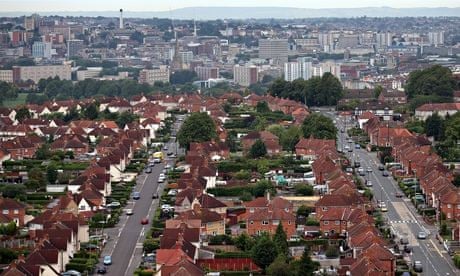Hugh Muir is wise to conclude about the slave trade that "the answer is to make peace with the fact that sins of the past helped forge the present" (Hideously Diverse Britain: A case for making peace with past sins, G2, 9 June)
The slave trade was abominable and those that profited from it despicable but we are all party to this stain on human history. The citizens of Bristol were direct beneficiaries of the wealth that Edward Colston amassed – hence their gratitude to him. The profits of Colston and other less-acclaimed slave traders, accumulated in the triangular trade, were used to finance the early stages of the Industrial Revolution, from which not only everyone in Britain benefited (eventually) but also all those living throughout the developed world as well.
We in the developed world can make "peace with the past" by recognising our moral obligation to provide development aid, including especially to those nations most affected by the slave trade. At least by comparison with many developed nations Britain's modern record on development aid is creditable, although more and better could still be done. The Bristol beneficiaries of Colston's generosity might think about what they can do, in particular, to make "peace" with their own fortunate legacy, perhaps through individual and voluntary sponsorship of development aid. Maybe a Colston development foundation would be a suitable thing for today's citizens of Bristol to support to demonstrate their attempt to make "peace with the past".
And my interest in this? I am a distant descendant of Edward Colston and still carry his name.
Philip Colston Robins
Addingham, West Yorkshire
